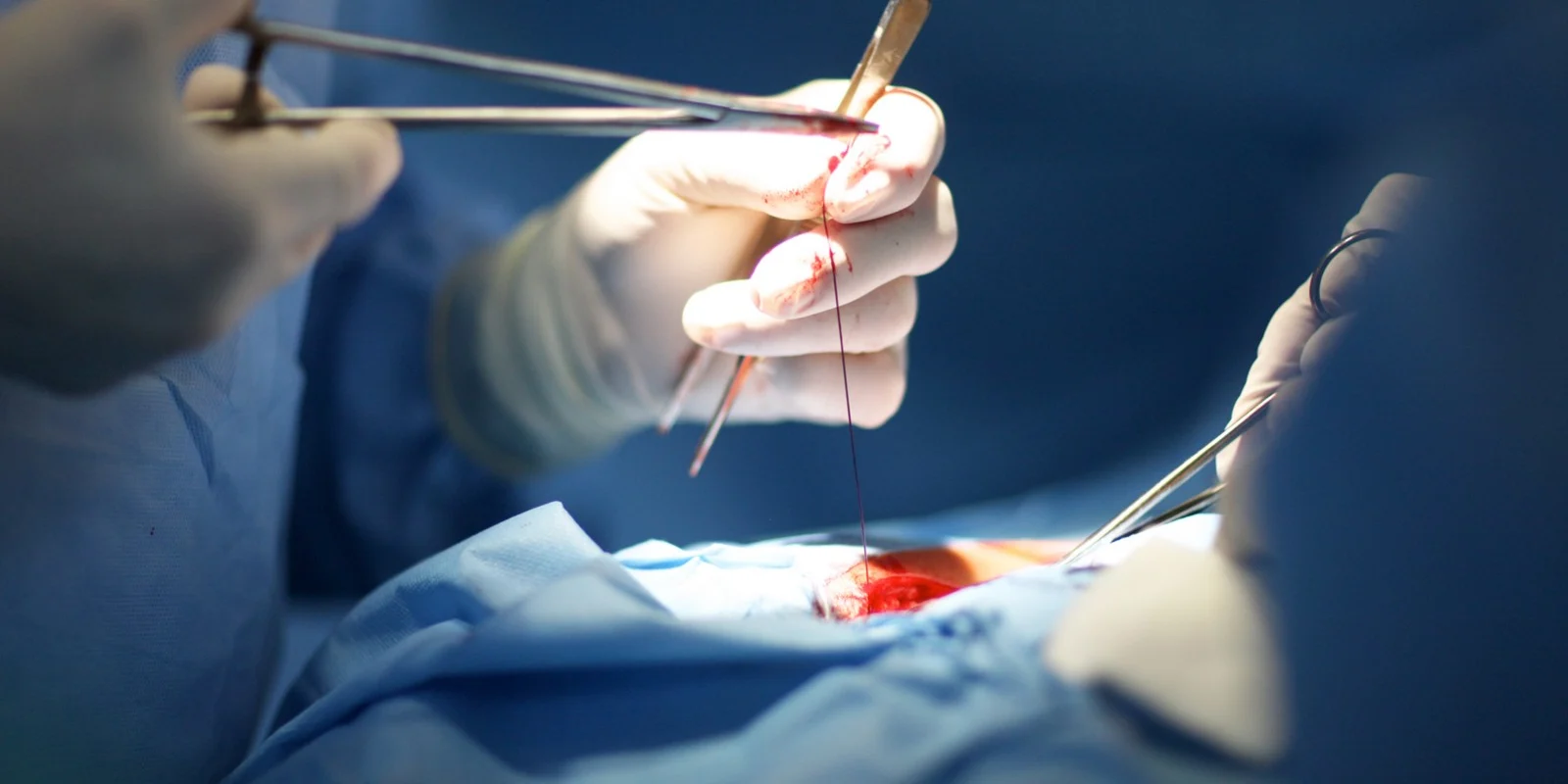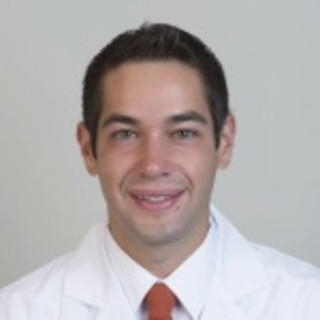
As a perioperative physician, I take care of patients going through surgery, accidents, and trauma every day; but it wasn’t until my own family members underwent the experience that I was able to see the patient’s perspective.
We found the best surgeon for my father at a top institution — he was experienced, worked with a dedicated team that specialized in that exact procedure, and had a wall full of accolades to prove his accomplishments. A textbook recovery was in order.
However, soon after we returned home, the questions started, ranging from “What can I do to heal?” to “Is there something I should eat? Should I rest more? How much should I move and push myself?”
Besides broad strokes on pain control, physician counseling on these types of questions and topics is largely non-existent, even at the most prestigious hospitals.
This is in light of the fact that in some populations up to 40% of patients experience recovery-related complications, some of which are preventable.
Soon after, my mother had surgery with another top surgeon at a different top institution. The experience repeated itself almost verbatim.
I delved deeper into the scientific literature in order to answer their questions.
Turns out, pre-habilitation, rehabilitation, and nutrition are important. We all know about rehab, so let’s focus on nutrition: there are now at least 200 scientific papers published in peer-reviewed journals that support using various nutritional elements for post-operative optimization of recovery.
Given all the research, I wondered how we could afford to not tell our patients that there are simple adjuncts that have the potential to optimize recovery?
In fact, there are now at least 15 different meta-analyses of trials that suggest that perioperative administration of nutritional formulae contribute to a decreased rate of post-op complications and even decreased length of stay in the hospital.
For example, a database study of 44 million patients published in the AJMC showed that the administration of oral nutritional supplementation was associated with a decrease in the length of hospital stay by 2.3 days, decreased cost of care by $4,734, and even decreased patient 30-day readmission rates. And that’s not including all the intangible outcomes, like: how well does the patient feel, how soon are they able to get back to work or play, and how is their wound healing?
Some of the interventions I found are quite simple: basic vitamins, minerals, probiotics, amino acids, antioxidants, carbohydrates — all very essential and inexpensive tools that our bodies need to recover.
It just doesn’t make sense to see athletes utilize nutrition to recover, while patients that sustain immense tissue trauma from surgery and injury forgo the very elements their bodies need to heal.
Medical textbooks depict how surgery, a form of controlled trauma, induces tissue damage which leads to an inflammatory state that rapidly decreases the amount of nutrients that are available for metabolism and healing.
So why aren’t we utilizing nutritional adjuncts to support this physiology?
The truth might be that nutrition is simply not a routine part of our care model.
In a recent, Swiss-Austrian survey of 176 surgical departments, the surgical faculty was asked to give opinions regarding potential benefits of use of nutrition in surgical practice.
Nearly 80% of the senior leadership agreed that attention to nutrition would decrease surgical complications and 59% felt that attention to nutrition could shorten hospital stay.
Despite this overwhelming affirmation that appropriate nutrition therapy can decrease complications and hospital stay, only 20% of the surgeons surveyed in this study implemented routine screening. When asked why they did not implement routine screening, 33% responded that logistical issues were too complex and 49% felt that financial issues prevented adequate screening and intervention.
Perhaps, in today’s evidence-based world of medicine, a large randomized controlled trial evaluating a specific formula and linking it to outcomes may further convince us.
Maybe with a large pharmaceutical brand name behind it, combined with an extensive budget for education for our physicians. Only 20% of physicians, by the way, get a course on nutrition in medical school.
Besides lack of time, logistical, training, and financial issues physicians face in their daily practice to counsel patients is the fact that no pharmaceutical company would be willing sponsor a product these physicians can confidently recommend.
Because of the ubiquity of ingredients, broad intellectual property protection on a nutritional supplement is simply unattainable. A pharmaceutical company interested in designing an optimal formulation would not be able to protect its investment if competition can simply copy their product. So, if there is no intellectual property protection, there are no expensive large-scale studies or a big marketing budget for education.
However, for our patients, I would argue that using inexpensive oral nutritional ingredients with a relatively non-existent side effect profile that gives us even a minimal chance to optimize outcomes, improve recovery, and at the same time decrease the cost of care, well, that sounds like a good idea.
Until we find a pharmaceutical company to sponsor a large trial or insurance company willing to reimburse nutrition, I suggest we begin to learn about and utilize the data from hundreds of studies over decades to help our patients recover.
What do you think?
Myro Figura, M.D.is an Anesthesiologist and Perioperative Medicine Physician in his last year of residency training at UCLA. He is also a co-founder and Chief Medical Officer at HealFast, Inc., the creators of HealFast Surgical & Injury Recovery Supplement.
References:
“Doctors Need More Nutrition Education.” Obesity Prevention Source, 9 May 2017, www.hsph.harvard.edu/news/hsph-in-the-news/doctors-nutrition-education/.
Philipson, T, PhD; Thornton J, PhD; Lakdawalla, D, PhD; Stryckman, B, MA; Goldman P, PhD, “Impact of Oral Nutritional Supplementation on Hospital Outcomes”, The American Journal of Managed Care. February 2013
Philipson T, Snider J, Lakdawalla D, Stryckman B, Goldman D. Impact of Oral Nutritional Supplementation On Hospital Outcomes. Clinical Nutrition. 2013;32. doi:10.1016/s0261–5614(13)60017–5.
Grass F, Cerantola Y, Schäfer M, Müller S, Demartines N, Hübner M. Perioperative nutrition is still a surgical orphan: results of a Swiss-Austrian survey. Eur J Clin Nutr. 2011;65(5):642–647.PMID 21346714
McWhirter JP, Pennington CR. Incidence and recognition of malnutrition in hospital. BMJ 1994;308(6934):945. Arch Surg. 2002 May;137(5):611–7; discussion 617–8. Complications in surgical patients. Healey MA1, Shackford SR, Osler TM, Rogers FB, Burns E.
Pancreatic fistula after a pancreaticoduodenectomy for ductal adenocarcinoma and its association with morbidity: a multicentre study of the French Surgical Association. Addeo P1, Delpero JR, Paye F, Oussoultzoglou E, Fuchshuber PR, Sauvanet A, Sa Cunha A, Le Treut YP, Adham M, Mabrut JY, Chiche L, Bachellier P; French Surgical Association (AFC).
“Postoperative complications and mortality: Are they unavoidable?”https://onlinelibrary.wiley.com/doi/full/10.1002/ags3.12045







